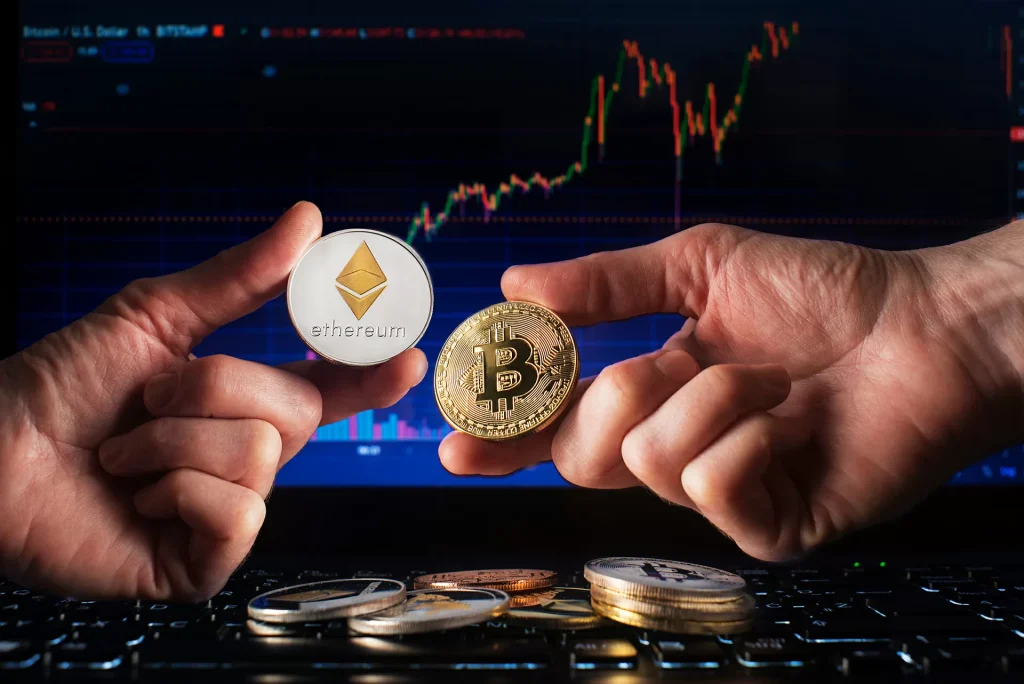Gold investors react to breaking news in changing global market
Gold has long been considered a safe-haven asset, especially in times of global uncertainty. For investors, market-moving news can significantly impact the price of gold, prompting reactions that reflect both global economic shifts and investor sentiment. With the volatility of international markets, breaking news events often drive immediate responses from gold traders and investors, as they adjust their portfolios to either protect wealth or seize emerging opportunities. Gold’s price dynamics are influenced by a variety of factors, from geopolitical events and monetary policy changes to shifts in global demand. Here’s how investors typically react when breaking news changes the global market.
Immediate Investor Reactions
- Flight to Safety: When markets experience turbulence, such as political instability, natural disasters, or economic shocks, gold often benefits. Investors rush to buy gold as a safeguard against market losses, driving prices higher.
- Monetary Policy Shifts: Central banks’ decisions, such as lowering interest rates or introducing new economic stimulus measures, can weaken the currency. As a result, gold becomes more attractive, and investors seek it as a hedge against currency depreciation.
- Geopolitical Tensions: Conflicts between nations or regional instability can create an environment of risk aversion. In response, investors may turn to gold, as it has historically maintained its value during times of geopolitical unrest.
Long-Term Investor Strategies
- Diversification: For long-term investors, gold serves as a hedge in a diversified portfolio. Even with short-term fluctuations, full story here the asset class can provide stability and protect against inflation or currency devaluation over time.
- Market Speculation: Some investors react quickly to breaking news, attempting to capitalize on price swings in the gold market. This can be risky, but for those with the right expertise, it presents an opportunity to profit from volatility.
Impact of Economic Data and Market Movements
- Interest Rates and Inflation: Economic reports such as inflation data or employment figures can influence central banks’ decisions on interest rates. If inflation rises, investors often buy gold as a hedge. On the other hand, rising interest rates can reduce demand for gold, as the opportunity cost of holding gold increases.
- Stock Market Volatility: When stock markets drop or show signs of instability, gold tends to outperform other assets. Investors reacting to stock market downturns often increase their gold holdings, contributing to higher demand and prices.
Reacting to Breaking News
- Timing is Key: Successful gold investors often capitalize on breaking news before the market fully reacts. Monitoring global events closely allows for quicker decision-making, leading to profitable moves.
- Market Sentiment: News events can create short-term volatility, but the underlying sentiment in the global market remains a significant driver of gold’s value. Investors who understand the long-term implications of breaking news are better equipped to make informed decisions.
Conclusion
Breaking news in the global market can have a profound impact on gold investors. Whether reacting to geopolitical events, economic changes, or financial market shifts, investors in gold must stay informed and ready to adapt. Through careful analysis and strategic decision-making, gold can provide an effective way to weather the storms of an ever-changing global market.






